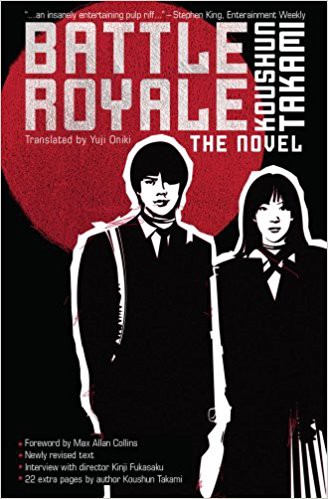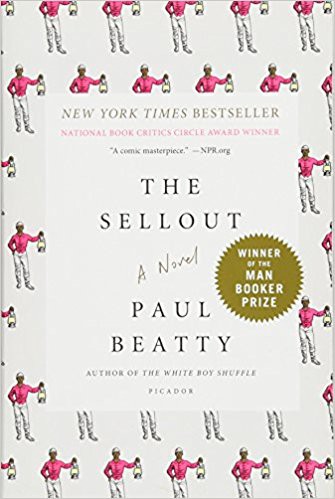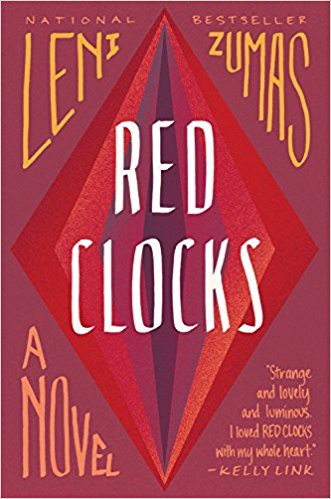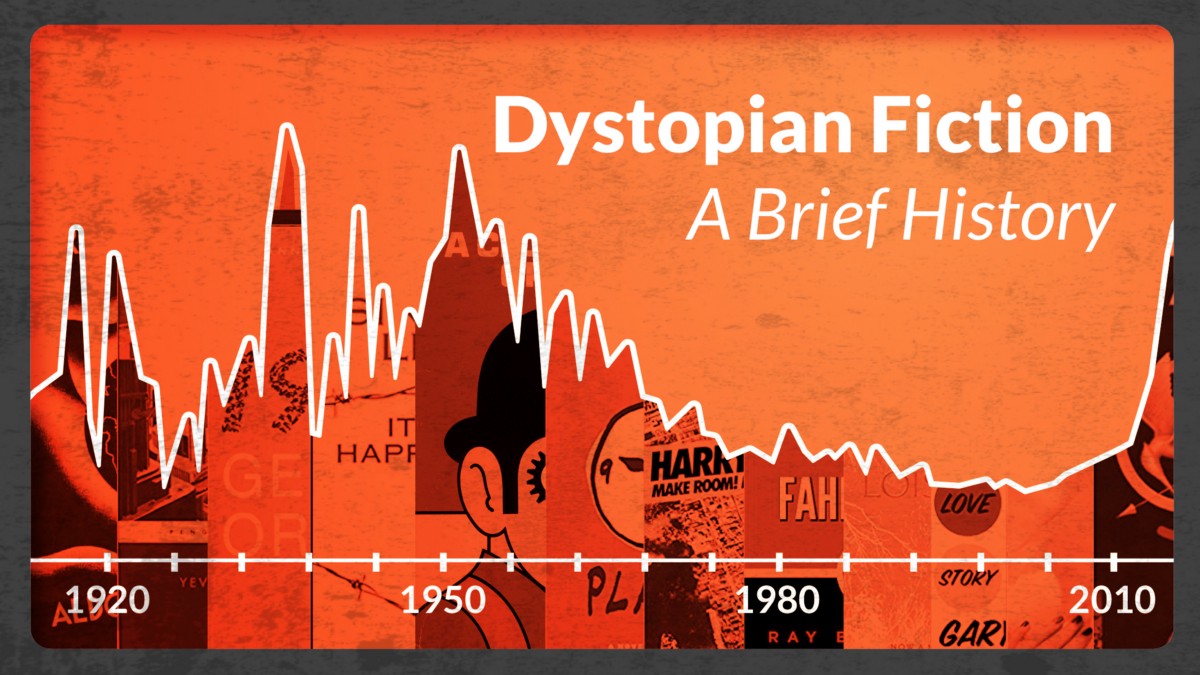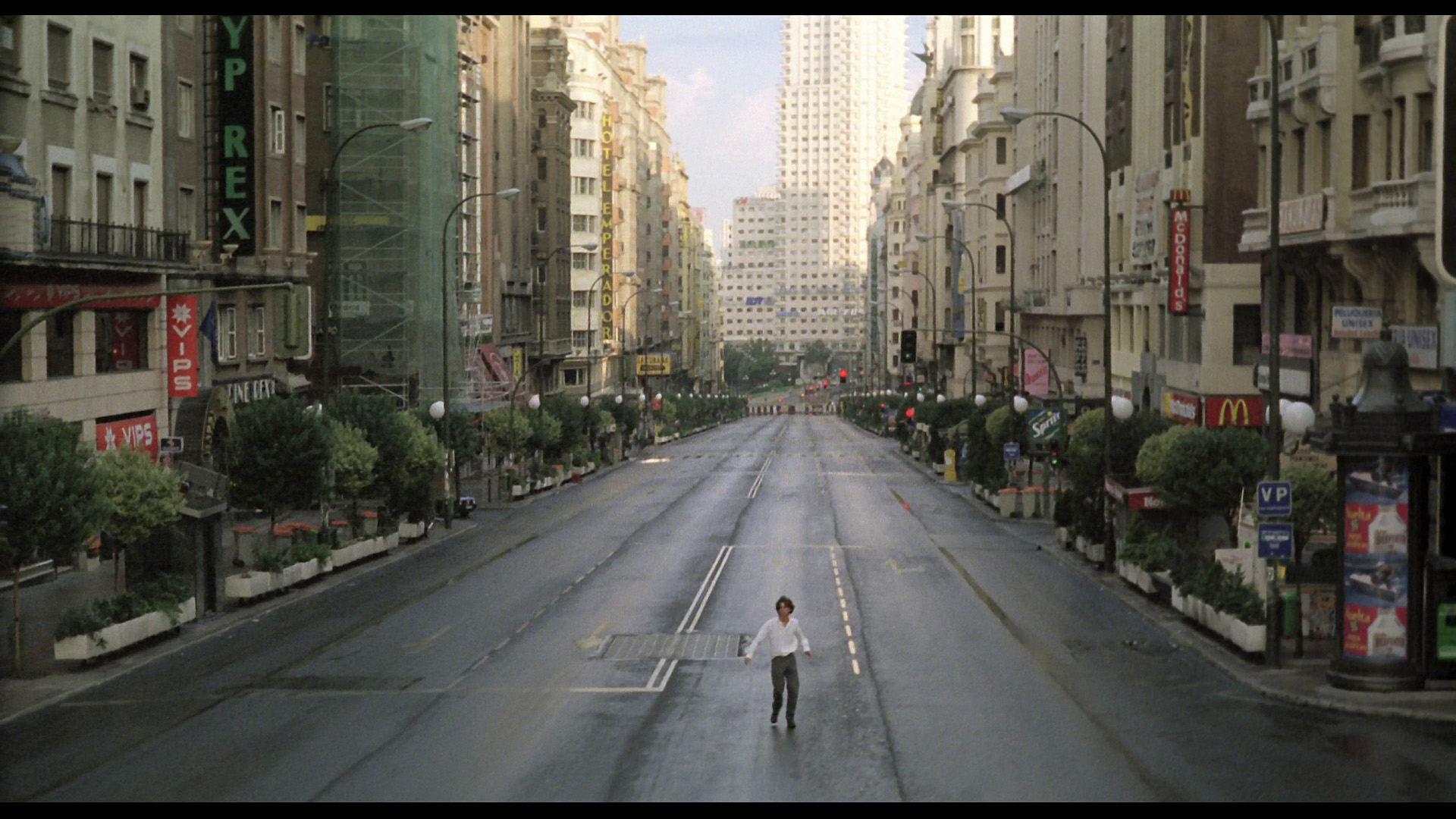Reading Lists
7 Books That Imagine Life Without Landmark Supreme Court Cases
Speculative novels that ask what life would look like if the rights we rely on were destroyed

Despite a number of back-asswards decisions that were eventually redressed in slightly more enlightened times (Dred Scott, Plessy v. Ferguson, Korematsu), the Supreme Court has on many occasions been an engine for civil rights and freedoms. But recently, for no reason at all, we found ourselves wondering: what might happen if some of those decisions were reversed? What if we had to learn to live without the rights and freedoms the Supreme Court has, however grudgingly, handed out over the years: the right to desegregated education, to birth control access, to legal abortion? Well, as with all good “what if” questions, we can find some possible (though not always plausible) answers in the world of speculative fiction. Here are seven books that imagine the rollback or non-existence of certain key rights granted by the court. Sometimes there are also zombies.
Lemon v. Kurtzman: When She Woke, Hillary Jordan
The Supreme Court has determined that laws can’t be intended to promote (or inhibit) religion, but Jordan’s dystopia has thrown that ruling away. In this faith-directed America, protagonist Hannah has her skin “chromed” red as a marker that she’s been convicted of having an abortion. It’s an updated Scarlet Letter that relies on some fanciful science (if we had the technology to change people’s skin color I can think of some very serious pranks I’d like to pull), but is otherwise not as far-fetched as we might want to think.
Brown v. Board of Education: Dread Nation, Justina Ireland
Ireland’s alt-history actually takes place before the case in which the Supreme Court ruled against segregated education, in a Civil War–era America in which the course of the war was altered by the sudden appearance of zombies. Protagonist Jane has constrained access to education: black and Native young people can study only how to fight and how to serve. Oh, and how to put the dead back in their graves.
Griswold v. Connecticut: Bumped, Megan McCafferty
In McCafferty’s young adult novel, contraception is illegal, and teenage girls can be coerced or bribed into providing children for wealthy couples. What an inventive science fiction novel that is definitely not based on things that are extremely plausible or already happening! (What makes it speculative is that in this case a virus has made everyone over 18 infertile. The contraception part is barely speculative at all.)
Tinker v. Des Moines: Battle Royale, Koushun Takami
This case ruled that children in school still have rights to free speech, which they don’t give up once they enter the classroom. But that was 1969 in Iowa; this is a near-future fascist Japan, and the students of Shiroiwa Junior High have no rights to free speech, the pursuit of happiness, liberty, or life. They’ve been transported to a remote island, where their positions and conversations are monitored as they’re forced to murder each other for sport. It’s a harrowing read that is also, to be fair, not a likely outcome in any country, regardless of the makeup of the highest court in the land.
Lawrence v. Texas: The Wanting Seed, Anthony Burgess
If you’re a straight person struggling with envisioning what it might be like if the Supreme Court rolls back cases protecting LGBTQ populations from discrimination, try this switcheroo: a world in which heterosexual sex is discouraged by the government and discriminated against by society. Sound dystopian? YEAH, IT IS.
Plessy v. Ferguson: The Sellout, Paul Beatty
Plessy v. Ferguson, which ruled that segregation is constitutional, has already been overturned. But Beatty’s satirical novel asks: what if it were re-un-overturned, again? This Man Booker Prize winner actually involves a (fictional) Supreme Court case: the narrator, whose sociologist father subjected him to all sorts of probably-not-IRB-approved race-related psychological experiments when he was a child, sets his sights on the high court with the goal of reinstating segregation and slavery. (The character is black; the layers of satire are deep.)
Roe v. Wade: Red Clocks, Leni Zumas
By far the least speculative speculative novel on this list, Red Clocks is a chillingly realistic account of what would happen if abortion were outlawed (right down to the fact that abortions, of course, still happen — they’re just more likely to be deadly). The novel follows the intertwining histories of a pregnant teenager, an herbalist hermit providing natural remedies, a depressed mother, and a childless woman trying desperately to get IVF before that’s outlawed too. Red Clocks is speculative fiction now, but it could easily be the literary fiction of 2019.







